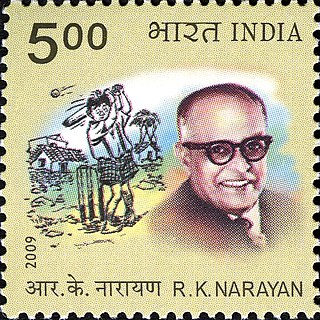A Quote by Franz Boas
Its [the anthropological method] power to make us understand the roots from which our civilization has sprung, that it impresses us with the relative value of all forms of culture, and thus serves as a check to an exaggerated valuation of the standpoint of our own period, which we are only too liable to consider the ultimate goal of human evolution, thus depriving ourselves of the benefits to be gained from the teachings of other cultures and hindering an objective criticism of our own work.
Quote Topics
Benefits
Check
Civilization
Consider
Criticism
Culture
Cultures
Depriving
Evolution
Exaggerated
Forms
Gained
Goal
Human
Human Evolution
Liable
Make
Method
Objective
Only
Other
Other Cultures
Our
Ourselves
Own
Period
Power
Relative
Relative Value
Roots
Sprung
Standpoint
Teachings
Thus
Too
Ultimate
Ultimate Goal
Understand
Us
Valuation
Value
Which
Work
Related Quotes
Mead's anthropology had many other red, white and blue- blooded virtues. One was the common anthropological conceit, out of which she made a career, to the effect that the ultimate value of studying other cultures was the use we could make of them to reconstruct our own - a heady kind of intellectual imperialism, as if the final meaning of others' lives was their significance for us.
On the Bigotry of Culture: : it presented us with culture, with thought as something justified in itself, that is, which requires no justification but is valid by it's own essence, whatever its concrete employment and content maybe. Human life was to put itself at the service of culture because only thus would it become charged with value. From which it would follow that human life, our pure existence was, in itself, a mean and worthless thing.
Though our brother is upon the rack, as long as we ourselves are at ease, our senses will never inform us of what he suffers. They never did and never can carry us beyond our own persons, and it is by the imagination only that we form any conception of what are his sensations...His agonies, when they are thus brought home to ourselves, when we have this adopted and made them our own, begin at last to affect us, and we then tremble and shudder at the thought of what he feels.
This education has reduced us to a nation of morons; we were strangers to our own culture and camp followers of another culture, feeding on leavings and garbage . . . What about our own roots? . . . I am up against the system, the whole method and approach of a system of education which makes us morons, cultural morons, but efficient clerks for all your business and administration offices.
Although our moral conscience is a part of our consciousness, we do not feel ourselves on an equality with it. In this voice which makes itself heard only to give us orders and establish prohibitions, we cannot recognize our own voices; the very tone in which it speaks to us warns us that it expresses something within us that is not of ourselves.
When we are in love, our love is too big a thing for us to be able altogether to contain it within ourselves. It radiates towards the loved one, finds there a surface which arrests it, forcing it to return to its starting-point, and it is this repercussion of our own feeling which we call the other's feelings and which charms us more then than on its outward journey because we do not recognise it as having originated in ourselves.
Belief in karma ought to make the life pure, strong, serene and glad. Only our own deeds can hinder us; only our own will can fetter us. Once let men recognize this truth, and the hour of their liberation has struck. Nature cannot enslave the soul that by wisdom has gained power and uses both in love.
Tis in ourselves that we are thus or thus. Our bodies are our gardens, to the which our wills are gardeners: so that if we will plant nettles, or sow lettuce, set hyssop and weed up tine, supply it with one gender of herbs, or distract it with many, either to have it sterile with idleness, or manured with industry, why, the power and corrigible authority of this lies in our wills.
We would willingly have others perfect, and yet we amend not our own faults. We would have others severely corrected and will not be corrected ourselves. The large liberty of others displeases us, and yet we will not have our own desires denied us. We will have others kept under by strict laws, but in no sort will ourselves be restrained. And thus it appears how seldom we weigh our neighbor in the same balance with ourselves.
One has to know what is the ultimate goal of our life. The ultimate goal of our evolution is to become the Spirit, which is the reflection of God Almighty in our heart. That is self identity and also self knowledge. Also, one becomes one with the all-pervading Divine power of love. Our awareness is enlightened by the Spirit and Divine vibrations start flowing through our central nervous system enlightening our being.
An observer will see the bizarre developments of behavior only in alien cultures, not his own. Nevertheless this is obviously a local and temporary bias. There is no reason to suppose that any one culture has seized upon an eternal sanity and will stand in history as a solitary solution of the human problem. Even the next generation knows better. Our only scientific course is to consider our own culture, so far as we are able, as one example among innumerable others of the variant configurations of human culture.



































